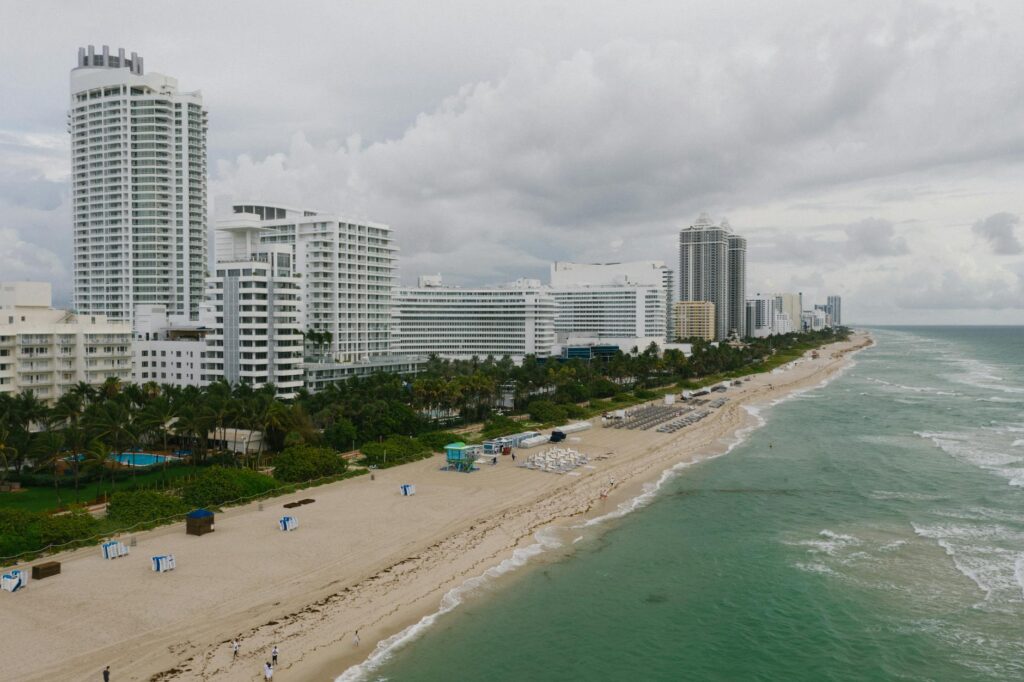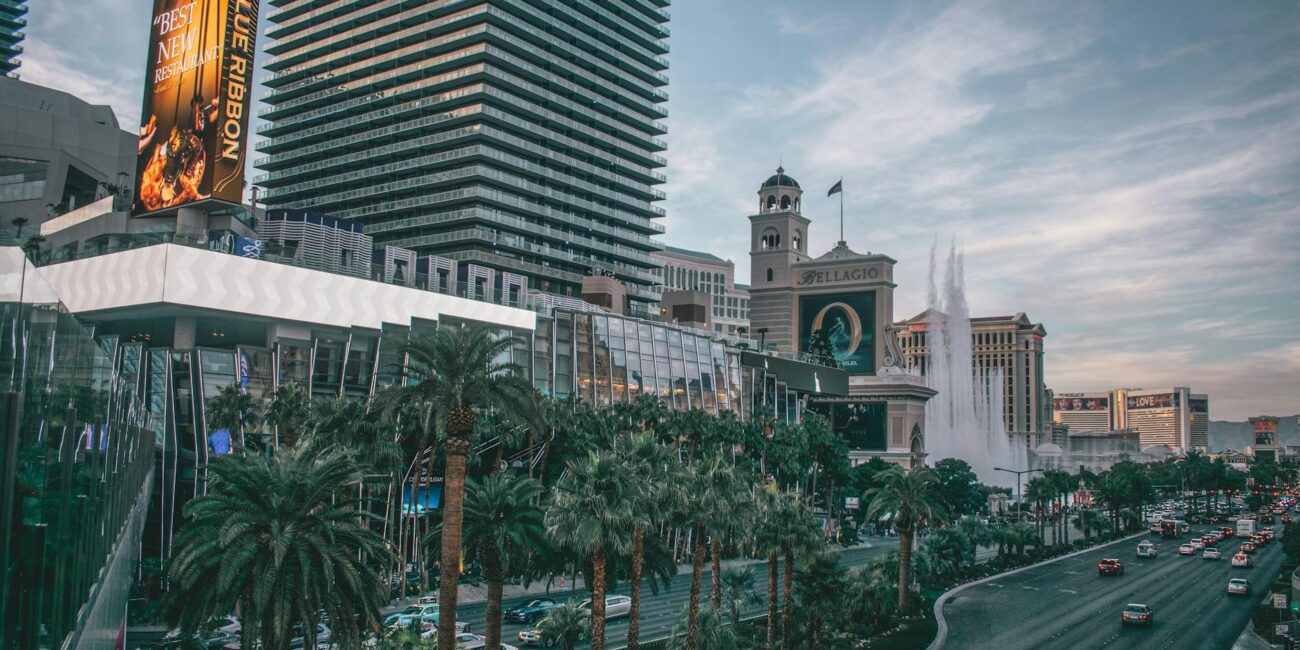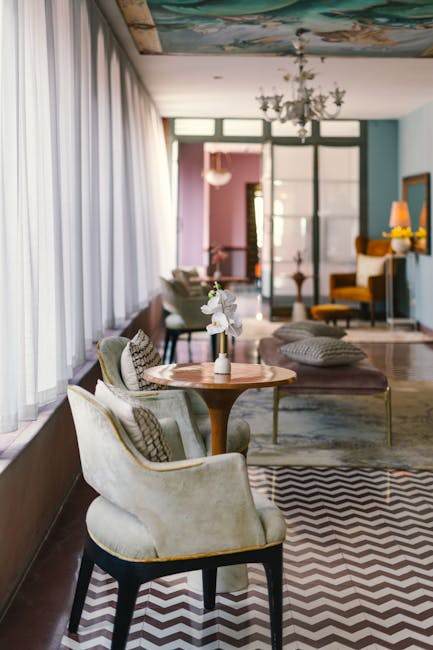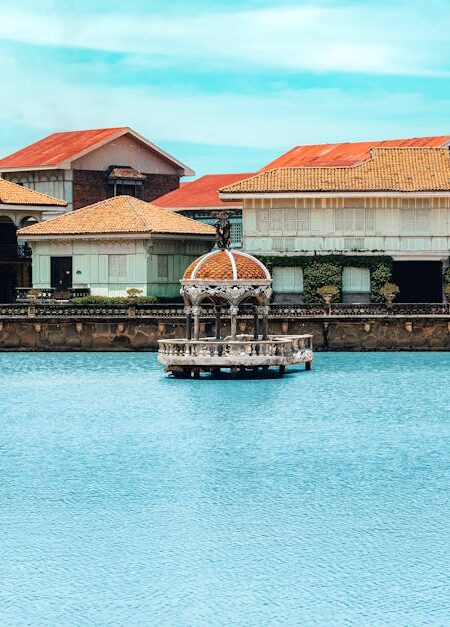The luxury travel sector is poised for significant transformation by 2025, with hotels and resorts adapting to meet evolving consumer preferences and technological advancements. This article explores the latest developments in luxury accommodations, highlighting key trends and innovations that are shaping the future of high-end travel.

Emerging Trends in Luxury Hotels
As travelers increasingly seek unique experiences, luxury hotels are responding by enhancing their offerings. One major trend is the integration of wellness and sustainability into the luxury experience. Many hotels are now focusing on eco-friendly practices, from sourcing local ingredients for their restaurants to implementing energy-efficient technologies.
Wellness-Centric Offerings
Wellness tourism is on the rise, with luxury hotels incorporating spa services, fitness programs, and healthy dining options into their packages. Properties are emphasizing holistic wellness, offering programs that include yoga retreats, meditation sessions, and personalized wellness consultations. This shift caters to a growing demographic of health-conscious travelers who prioritize mental and physical well-being during their vacations.
Sustainable Practices
In addition to wellness, sustainability is becoming a cornerstone of luxury travel. Hotels are adopting green initiatives, such as reducing plastic waste, conserving water, and utilizing renewable energy sources. This commitment to sustainability not only appeals to environmentally conscious travelers but also enhances the overall guest experience by creating a more harmonious connection with nature.
Technological Innovations in Luxury Accommodations
Technology is playing an increasingly vital role in the luxury travel sector. Hotels are leveraging cutting-edge technology to enhance guest experiences, streamline operations, and personalize services. Innovations such as mobile check-in, smart room controls, and AI-driven concierge services are becoming standard in high-end accommodations.
Smart Room Features
Smart technology is transforming the way guests interact with their hotel environments. Many luxury hotels are now equipped with smart devices that allow guests to control lighting, temperature, and entertainment systems through their smartphones or voice commands. This level of convenience enhances comfort and provides a seamless experience for travelers.
Personalized Guest Experiences
Artificial intelligence is also being utilized to create personalized experiences for guests. Hotels are using data analytics to understand preferences and tailor services accordingly. From customized welcome amenities to personalized dining recommendations, these innovations aim to make each stay unique and memorable.
Notable Developments in Luxury Hotels
Several luxury hotels and resorts are making headlines with their recent developments and expansions. For instance, Accra’s Tang Palace Hotel recently celebrated its tenth anniversary, showcasing a decade of luxury service and hospitality in Ghana. The hotel has continuously evolved its offerings to maintain its status as a premier destination for luxury travelers.
Expansion of Luxury Brands
In the UK, the luxury tourism market is expected to grow with the recent acquisition of Ardencote, a prominent resort in Warwickshire. This acquisition is anticipated to enhance the region’s appeal to high-end travelers, offering more options for luxury accommodations and experiences.
Collaborations for Enhanced Experiences
Furthermore, partnerships between luxury brands and technology companies are becoming more common. For example, Fairmont Hotels & Resorts has teamed up with Devialet to introduce advanced sound technology in their properties, elevating the auditory experience for guests. This collaboration exemplifies how luxury hotels are embracing innovation to enhance their service offerings.
Conclusion: The Future of Luxury Travel
The luxury travel landscape is evolving












